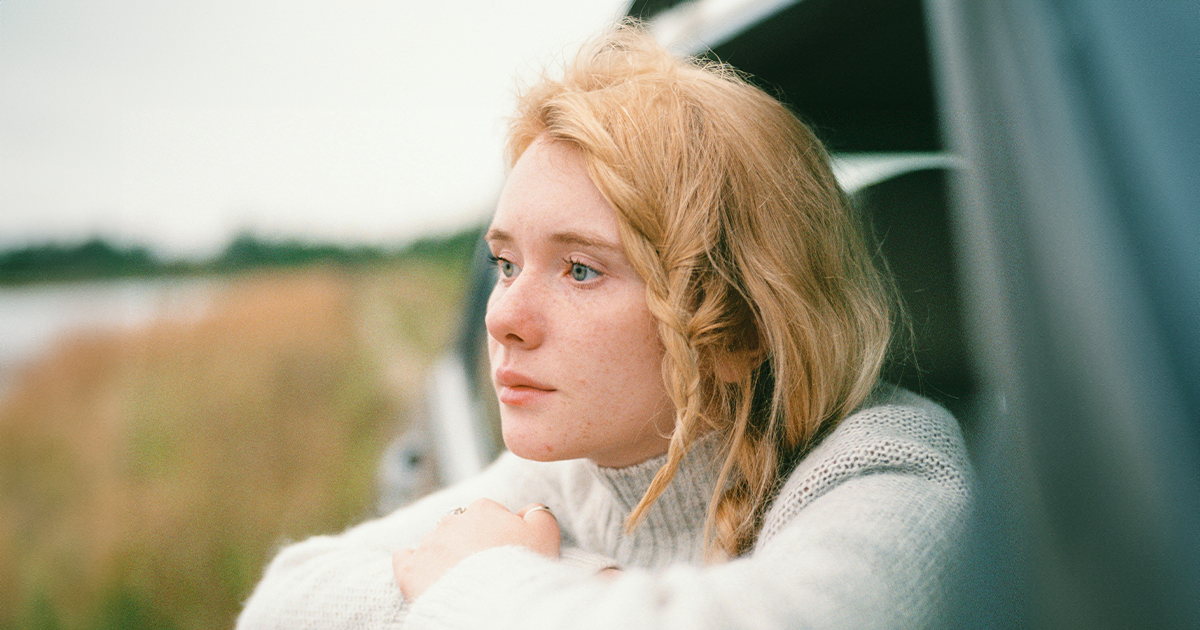The holidays. For most, it's a time for extra cheer, giving gifts, and snuggling up close to your love. We're often looking for that iconic picture to post on social media. But, even though this time can be one of joy and happiness, it can also be filled with stress and anxiety, especially if you're in a new or uncertain relationship.
Boyfriend, girlfriend, fiancé, or undefined. How do you handle the stress the holidays can bring within a relationship?
Gift Expectations
Most of us associate presents with the holidays, and sometimes there can be unrealistic expectations put on gift giving. So how do you navigate through these sometimes choppy waters?
Start with open and honest communication about your wants, needs, and expectations. This discussion may not seem 'romantic' but can help avoid awkward situations. For example, talking about how much money you want to spend and a few gift ideas can help set you both up for success. You may buy small gifts, make sentimental presents for each other, or maybe choose to go on a more elaborate date or adventure! Whatever your decision, make it
together and
genuine to you.
Meeting the Family
We've all seen those holiday movies. The ones where the new boyfriend or girlfriend meets the family and everything imaginable (and unimaginable) goes wrong! Although families aren't perfect, most of the drama you see in the movies doesn't actually happen in real life. We understand that no family is perfect and some of these gatherings can put you on edge. Whether you’re bringing somebody new to meet your family or it's the third holiday spent together, how do you handle the interaction?
Here are some tips for time spent with family:
- Have each other's back. Check on each other often throughout the day, but don't feel you have to stay attached at the hip.
- Be yourselves around the family and look to build connections and relationships throughout the time spent together.
- Families are unique and may have different customs. Be open to experiencing these new traditions.
Holiday Schedules
The holidays can be packed with family gatherings, parties, or special events you want to attend. And when you're in a relationship, your schedule is multiplied by two!
It may seem too structured, but we encourage you to sit down with your partner and look through your schedule list of gatherings or events. Then, start by organizing these events as need to go, would like to go, or could go. Doing this step can help if you run into any overlapping commitments and help save you from a headache or argument.
Handling Being Single
If you've recently had a breakup or have been single for a while, sometimes the holidays can seem depressing when your social media fills with images of paired-up couples enjoying their cozy dates with hot cocoa. But remember that not everything on social media is real. For instance, a fight might have followed that cute picture.
Even though the holidays can be challenging, use this time to invest in yourself and still create memories! Come up with ideas to bring people together, like going skating, decorating cookies, meeting at a coffee shop, or having an ugly sweater party. One sure way to ruin the season is to focus solely on having a date for every party. Be yourself, even if that self is single for the time being.
The holidays can be an excellent time for creating new memories, connecting with people, and being cheerful. However, sometimes we must change our mindset when encountering the 'most wonderful time of the year.' Learning to accept and embrace reality rather than unrealistic expectations of what the holidays could be can be difficult, but it can also create a wonderful experience.





